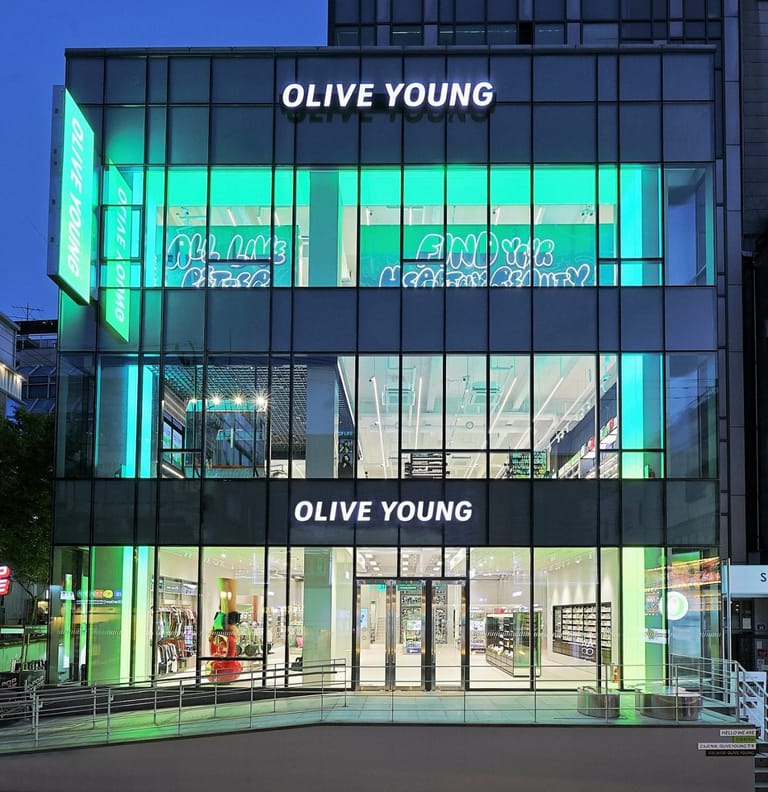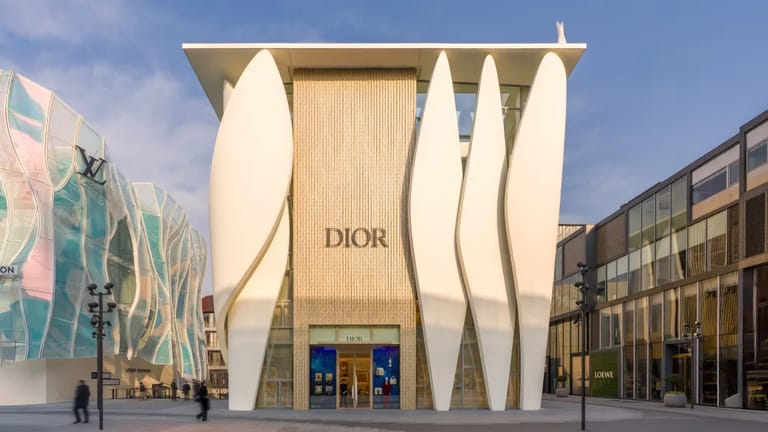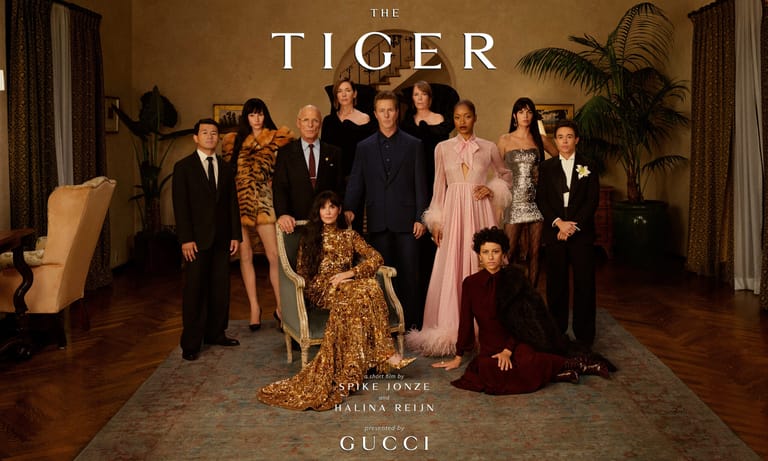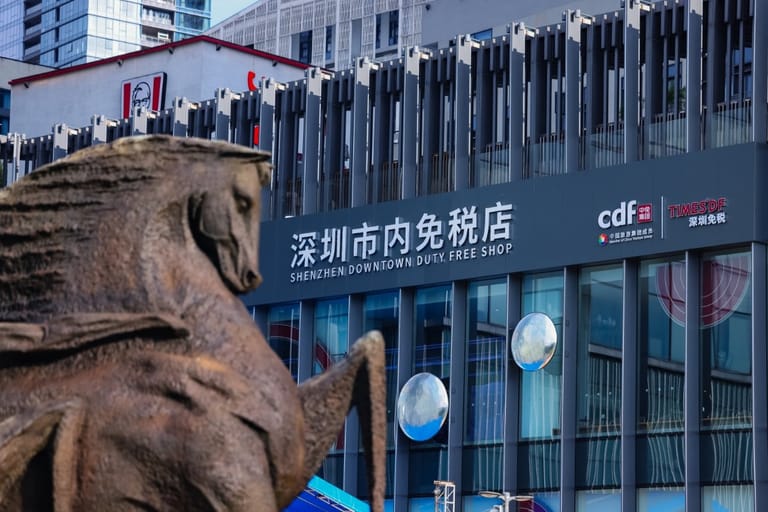Monday Briefing: RedNote Expands, Inditex Optimizes, Kering Plays It Safe
By
Wenzhuo Wu

Published on
March 17, 2025
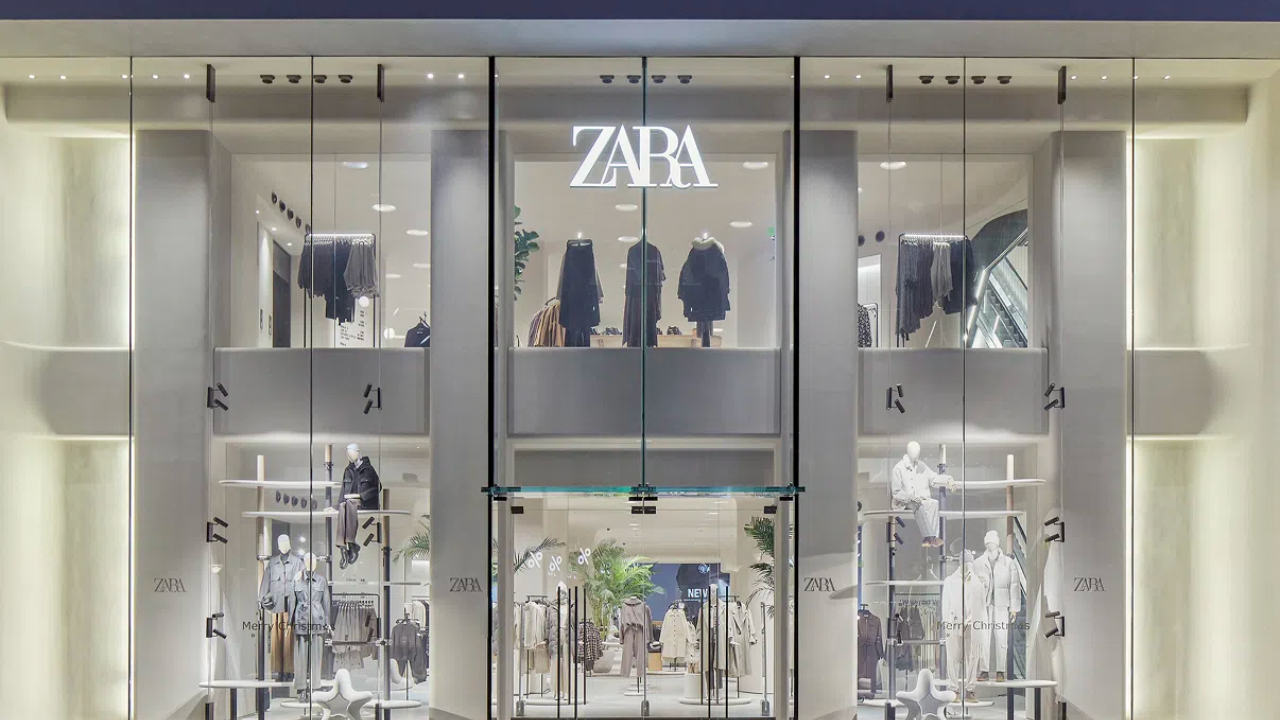
Start your week with sharp analysis and fresh insights into China’s latest cultural, luxury, and consumer trends. Monday Briefing connects the dots between local shifts and global repercussions, highlighting relevance to the luxury market, business strategies, and modern lifestyle trends shaping our world today.
Last week saw a series of strategic shifts across the retail and luxury sectors, highlighting how businesses are adapting to economic headwinds and evolving consumer behaviors. From RedNote(Xiaohongshu)’s expansion plans to Inditex’s earnings and Gucci’s creative leadership reshuffle, these moves underscore a broader industry trend: pragmatism over risk-taking.
RedNote’s Global Commerce Ambition
RedNote introduced its “Global Commerce Navigation Plan,” an initiative aimed at helping brands expand overseas through its ecosystem. This pilot program, currently available in the U.S., Hong Kong, and Macau, integrates cross-border payment solutions, local operations support, and AI-powered translations to lower entry barriers for Chinese merchants.
While RedNote has not disclosed specific growth targets, the platform boasts over 260 million monthly active users and has long been a key player in China’s content-driven e-commerce landscape. By leveraging its recommendation algorithms and influencer ecosystem, the company aims to provide merchants with access to a global audience without relying on traditional paid marketing channels.
However, the success of this expansion will depend on RedNote’s ability to compete with entrenched players such as Amazon, TikTok Shop, and local e-commerce platforms in overseas markets. The initiative also signals a broader push by Chinese tech firms to globalize their commerce operations amid intensified domestic competition and regulatory scrutiny at home.
Inditex’s Selective Retail Strategy
Inditex, the parent company of Zara, reported a 7.5 percent increase in sales for fiscal 2024, reaching €38.6 billion, showing strong performance across both physical and online channels. Store sales increased 5.9 percent, driven by higher foot traffic and increased productivity, despite the company operating 2.3 percent fewer stores than in 2023.
In China, Inditex continues to optimize its retail footprint, prioritizing high-profile locations while scaling back standard stores with lower traffic. Zara’s upcoming Nanjing Xinjiekou flagship store exemplifies this strategy—fewer but larger, experience-driven stores aimed at reinforcing brand presence while reducing operational costs. The group has also been rolling out soft tag alarm technology, designed to eliminate traditional security tags, enabling customers to interact with products more freely and improving the checkout process.
Looking ahead, Inditex is committed to profitable growth, with planned annual gross space increases of around 5 percent between 2025 and 2026. This approach mirrors a broader industry shift, as major brands recalibrate their offline presence amid shifting shopping habits. Luxury houses such as Gucci, Armani, and Zegna have also been consolidating boutique networks in China, signaling a transition from aggressive expansion to a more sustainable, efficiency-driven model.
Kering’s Conservative Play with Demna
Following the Balenciaga x PUMA launch at Paris Fashion Week, Kering announced Demna’s appointment as Gucci’s creative director, while leaving Balenciaga’s leadership position unfilled for now. The decision has drawn mixed reactions in China, a critical market for Gucci, where speculation about the successor had been ongoing for months.
Demna, known for his disruptive and ironic approach to fashion, has been a commercial asset for Balenciaga, helping the brand achieve double-digit growth in the years leading up to the pandemic. His appointment at Gucci signals Kering’s preference for a proven, financially reliable creative force rather than an untested visionary.

Investors have expressed skepticism about Kering’s cautious approach, with the company’s stock dropping 11 percent following the announcement. The risk is that in an era where bold creative statements drive consumer excitement, playing it safe may further weaken Gucci’s competitive edge. With Balenciaga’s next creative director yet to be named, Kering faces mounting pressure to prove that its leadership reshuffle is not merely a defensive maneuver, but a strategic step toward long-term revitalization.
Each of these developments underscores a broader industry recalibration—one where companies are prioritizing measured expansion, operational efficiency, and cautious leadership bets over high-risk, high-reward strategies. The coming months will determine whether these calculated plays will deliver sustainable growth or lead to stagnation in an increasingly volatile market.



